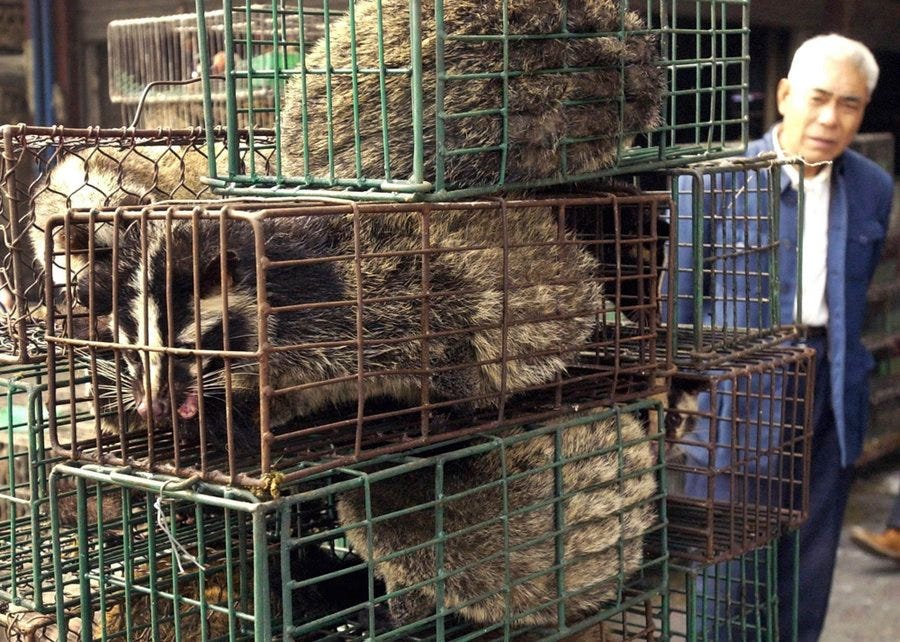Calls for Governments to Shut Illegal Wildlife Markets
With millions threatened, maybe this time they mean it

By: Purple Romero
An overwhelming majority of wet markets in five Asian countries say they will support government measures to close illegal or unregulated wildlife markets in the campaign to effectively prevent another pandemic like Covid-19, which originated in a wildlife market in Wuhan, China and has so far infected nearly 1.3 million people and take…
Keep reading with a 7-day free trial
Subscribe to Asia Sentinel to keep reading this post and get 7 days of free access to the full post archives.
